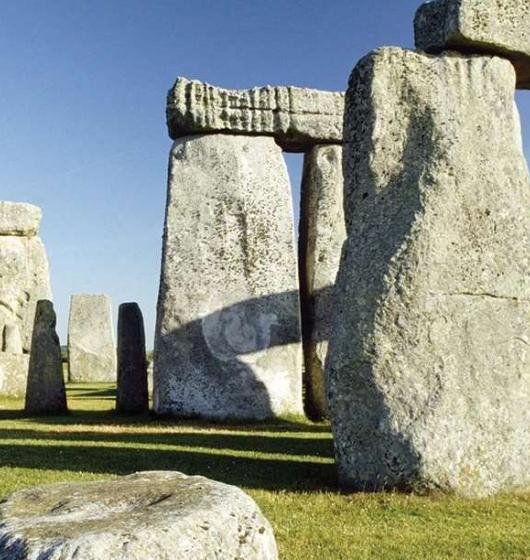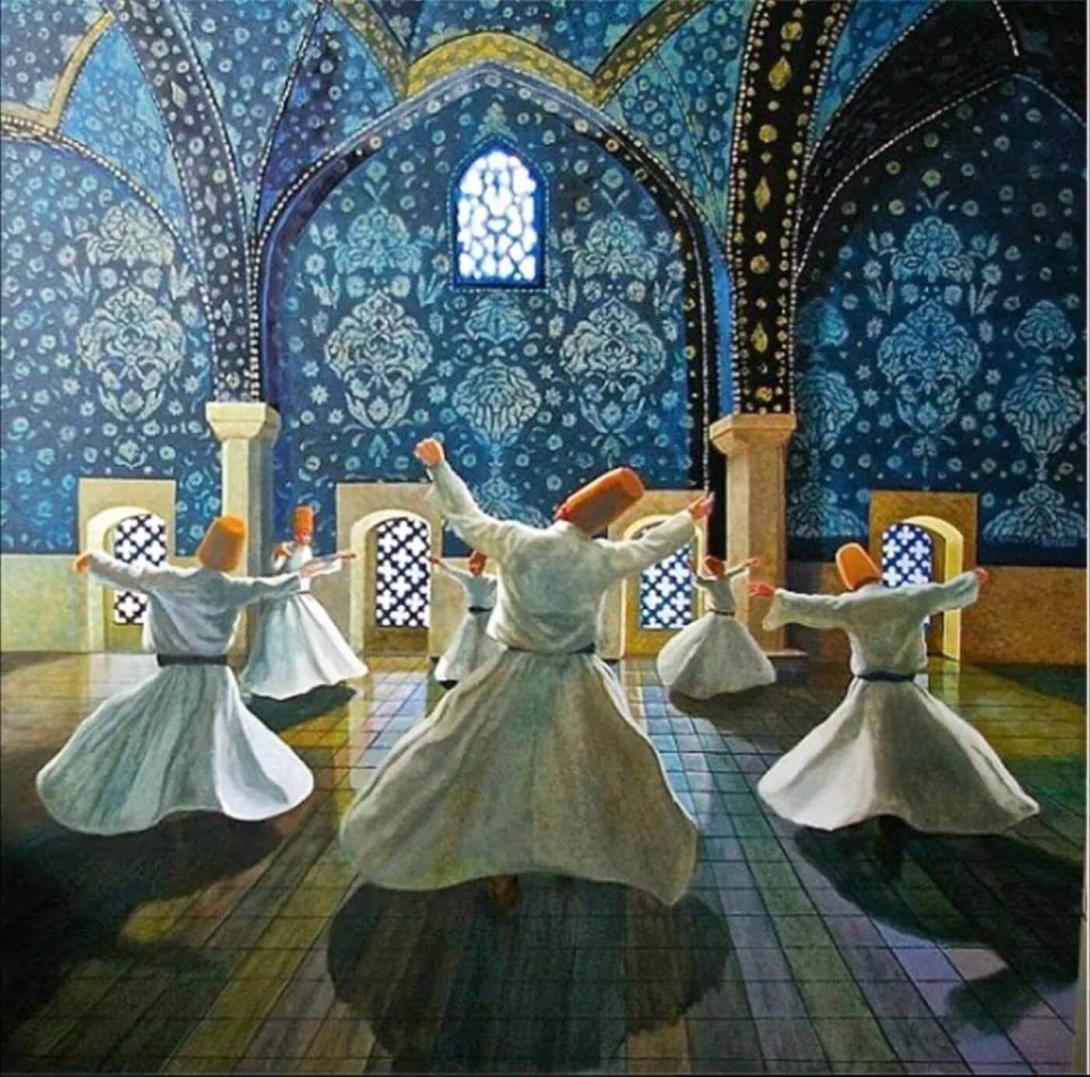The word Gnosis is derived from the Greek language and means “knowledge of spiritual truths”. Gnosis is a knowledge that cannot be arrived at through books or lectures, but rather through one’s own direct experience of reality. Gnosis is often referred to as knowledge of the heart, in contrast to knowledge that is obtained through the use of the intellect. Gnosis is not just theoretical, but one hundred percent practical. Through direct experience we surpass the boundaries of belief and disbelief, since both lead to ignorance. Through Gnosis one personally learns to experience reality directly, rather than believing or disbelieving, accepting or rejecting, and comes to know the inner truth.
The aim of Gnosis has always been to provide humanity with the knowledge, keys and techniques required for the full development of human and spiritual potential. The signpost of Gnosis points inwards, the goal of Gnosis is to direct the human being to the divine spark that lies within. From there, the work of inner transformation begins, so as to once again unite with the divine inner spark.










